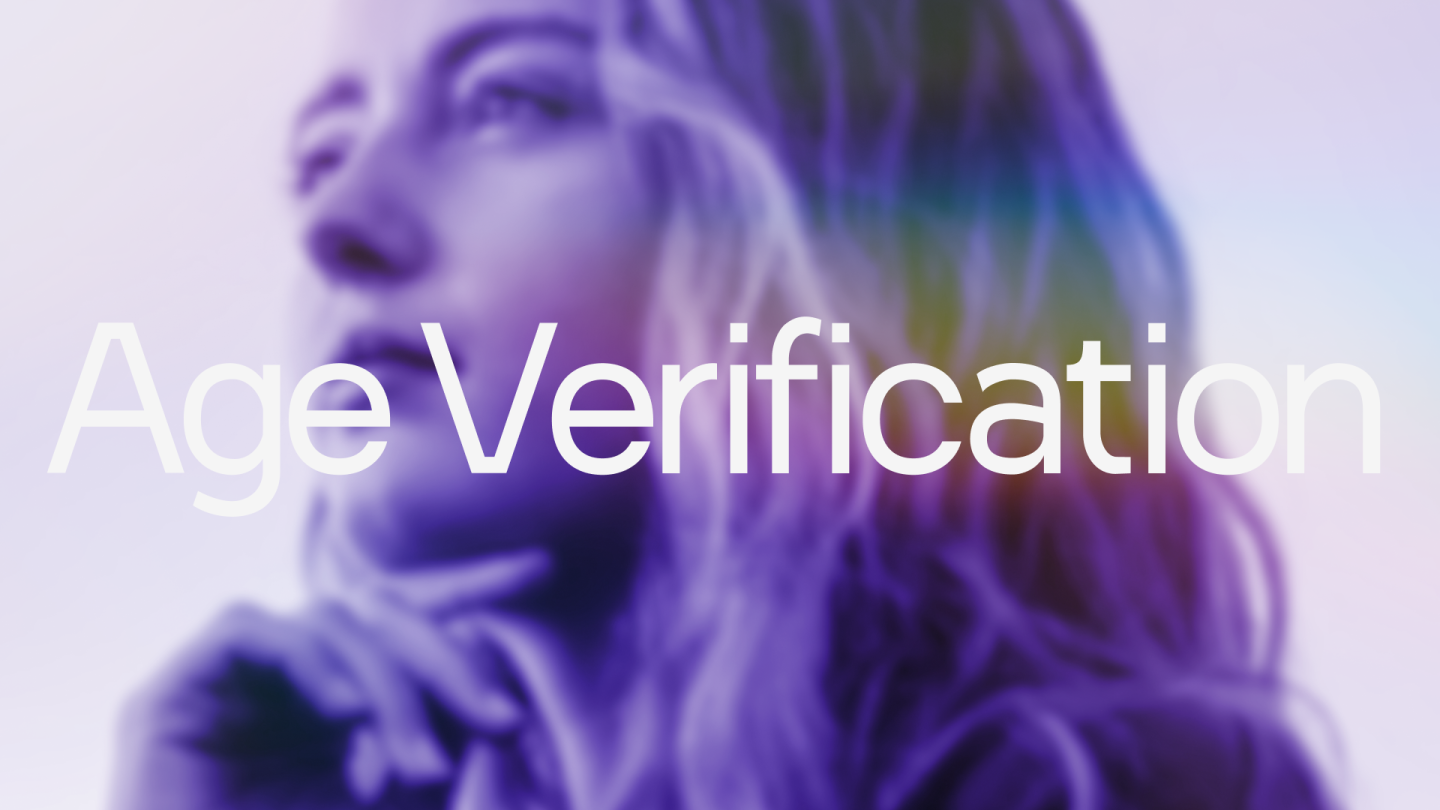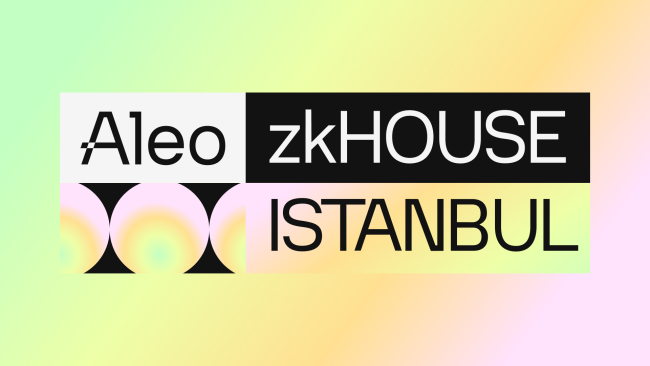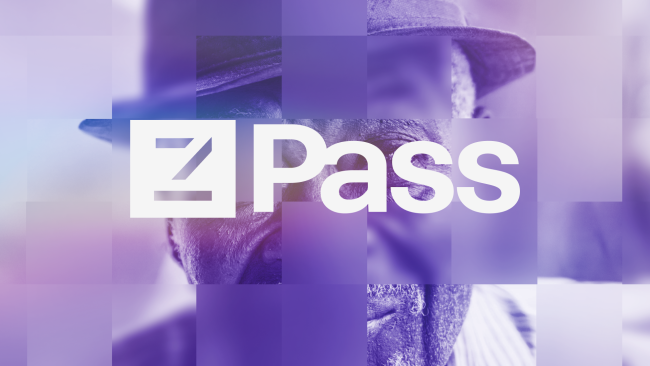
Don’t risk identity fraud just to play that video game — do this instead
We are almost constantly being asked to confirm our age online. To access many social media sites, users must prove they are at least 13 or, sometimes, 18 years old. And you’ll definitely have to reach for your ID if you want to play certain online video games or order a bottle of wine with your late-night food delivery.
We often supply this information without giving it a second thought (in fact, this is so commonplace you probably don’t even remember doing it). But sharing your ID can mean unintentionally revealing a host of sensitive data you might not want to be floating around on the web, everything from your address and your exact date of birth to your height, weight, and other identifying information.
Cyber attacks are increasingly common, with nearly 42 million Americans becoming the victims of identity fraud in 2021, costing them $52 billion in total losses, according to an AARP-backed report by Javelin Strategy & Research. Identity thieves can use your private info to open up loans, rack up debt in your name, and cause a host of other headaches, with the average loss reaching over $1,200 per victim.
Using online services often requires exposing more of our private data than is necessary, but it doesn’t have to be that way. Emerging cryptography enabled by zero-knowledge (ZK) proofs provides a new path for preserving privacy in the digital age.
With ZK proofs, users can show that they are old enough to access services online without revealing any additional data, allowing the businesses you interact with — whether they are age-gated apps or alcohol-serving establishments – to verify your age without having to actually see your ID.
The risks of today’s age verification methods
When verifying age online, people often provide more personal information than just their age, potentially also exposing their:
Full name and location (particularly for age verification processes that use geolocation, public records, or ID scans)
Email or phone number (when using a two-factor authorization code to “confirm” their account)
Home address (if they are required to upload their driver’s license, for example)
Identity theft isn’t the only potential risk when users unintentionally reveal this extra information.
Sites can collect the information revealed through age verification processes and combine it with other data in ways you might not like, such as ad targeting or sharing/selling that data to third parties.
The more information available online about you, the more likely you are to be subject to tracking services that follow your activity across the sites and services you use, as well as solicitation from unwanted contacts.
The private information on your ID, such as your birth date, could even be used to help hackers guess your online passwords or the answers to your security questions, which could lead to other negative consequences.
How zero-knowledge can help protect users better
Zero-knowledge proofs are a form of cryptography that allows one party (the prover) to prove information to another party (the verifier) without revealing anything beyond what is proven.
By having a platform for truly private applications like Aleo, users can prove they meet the minimum age requirements to access services or goods online without having to upload their IDs or other documents.
Using Aleo’s zPass, you can cryptographically prove your age through a simple process in which you:
Upload your ID on your private device, such as a personal phone or computer
Create a zero-knowledge “proof” from your ID proving you meet the age requirement
Send that proof to the party that is asking to verify your age
The verifier can then validate that all qualifications were met without ever seeing your ID or even knowing your date of birth. It is a highly minimalistic form of verification, enabling access to age-gated services without worrying about exposing your details.
Using ZK to create a more private web
Aleo’s zero-knowledge approach means better privacy for you, not just when it comes to proving your age online but also across a wide variety of sectors and use cases, such as accessing financial services without exposing your bank account or sharing your academic achievements with potential employers without revealing your academic transcripts.
Explore zPass to see how we’re making privacy — including age verification — the new normal.
Apply for zPrize 2023 to earn up to $500K in prizes for solving challenges that push ZK technology forward.
About Aleo
Our blog features the stories of developer and privacy advocates building a better internet with zero knowledge.
About John Reynolds
John Reynolds is the VP of Product at Aleo, focusing on the strategy and development of identity solutions. Prior to Aleo, he was a Deployment Lead at Blend Labs supporting them through their IPO. John also held cybersecurity roles in the U.S. Air Force where he served as a Cyber Operations Officer.
For further information contact us at hello@aleo.org


